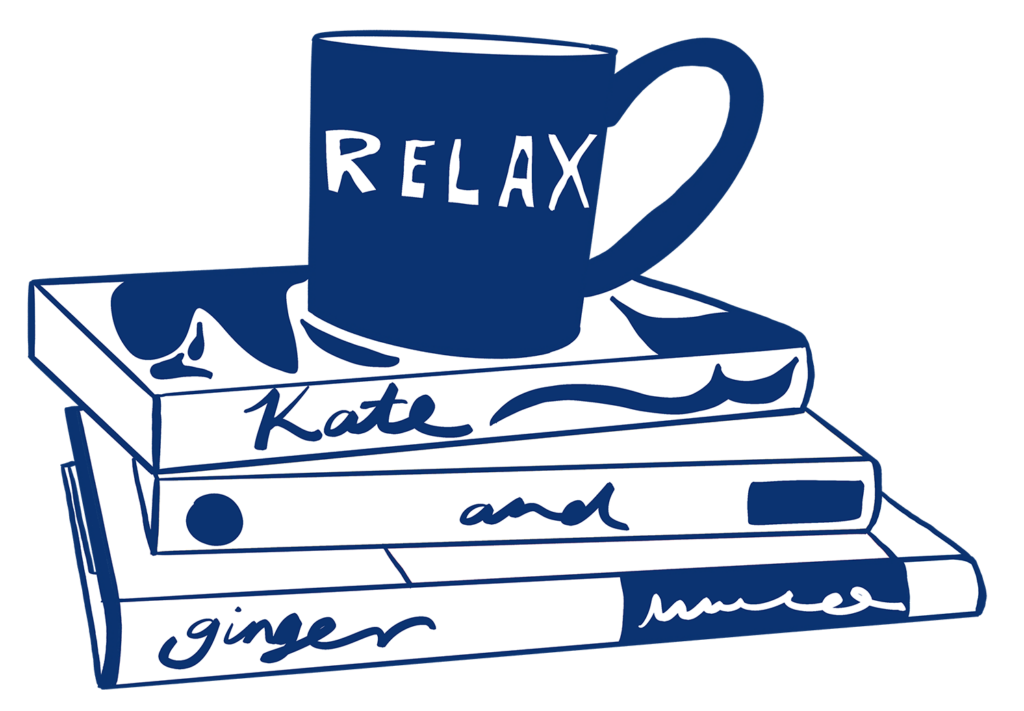
Movement That Heals: The Benefits of Walking in Nature
Some mornings, everything feels heavy. My body aches. My mind spins. The noise of the world — the pressure, the pain, the never-ending to-do lists — builds up. And then I take my dog, Bugsy, and we walk along the river.
It’s nothing dramatic. No intense cardio. No Instagram-worthy workout gear. Just me, my dog, and the steady rhythm of our steps on a dirt path.
But something happens out there.
The air shifts. The water moves. The world softens.
There’s a kind of quiet that only nature offers — a peaceful hush that holds you. And when I walk with Bugsy, I feel it settle into my bones. My breath deepens. My shoulders relax. My mind lets go, bit by bit. I’m not thinking — I’m just being. And somehow, that resets everything.
It’s movement, yes. But it’s also medicine.
Not the kind that comes in a bottle, but the kind that comes with birdsong, wind in the trees, and a dog who’s just happy to sniff everything.
I come back from those walks feeling more like myself. My sleep improves. My thoughts are clearer. My body — even with MS — feels a little looser, a little more alive. There’s something deeply healing about that kind of movement. No pressure. No performance. Just presence.
And it turns out, there’s science behind why this feels so good. Walking, particularly in natural settings, offers numerous physical and mental health benefits.
The Science Behind Nature Walks:
Research shows that walking in nature, often referred to as “green exercise,” can have a significant impact on reducing stress. A 2010 study published in Environmental Science & Technology found that people who walked in parks experienced lower cortisol levels and improved mood compared to those who walked in urban settings. This is why I always feel a sense of calm after my river walks.
In addition to stress relief, spending time in nature can help lower blood pressure and improve cardiovascular health. The simple act of walking without pressure to perform or achieve allows the body to find a natural rhythm. For those with chronic conditions like MS, this low-impact movement can help reduce muscle stiffness and improve joint mobility, making the body feel more alive.
Furthermore, walking in natural environments has been shown to boost serotonin levels, the “feel-good” neurotransmitter that’s linked to enhanced mood and mental clarity. Studies indicate that even a 20-minute walk outdoors can improve cognitive function and boost mood. The connection with nature also helps regulate our circadian rhythms, contributing to better sleep, which explains why I sleep so well after these riverside walks.
So, if you’re feeling stuck, overwhelmed, or disconnected — try a walk. No destination needed. No fitness tracker required. Just you, the open air, and maybe a four-legged friend.
Sometimes, the simplest movements carry the most profound healing.
Sources:
Thorp, A. A., et al. (2012). Physical activity and cardiovascular disease: The importance of the “free-living” context. Australian & New Zealand Journal of Public Health, 36(4), 343–349.
This study discusses how walking and other forms of physical activity, especially those integrated into daily routines (like walking in nature), can have profound benefits for cardiovascular health, including lowering blood pressure.
Link to study
Barton, J., & Pretty, J. (2010). What is the best dose of nature and green exercise for improving mental health? Environmental Science & Technology, 44(10), 3947–3952.
This study explores how different “doses” of nature, including walking, can improve mental health by reducing stress and boosting mood.
Link to study
Van den Berg, A. E., & Custers, M. (2011). Gardening and health: A review of the evidence and implications for the management of stress. Journal of Environmental Psychology, 31(3), 186-196.
This article reviews evidence on the health benefits of engaging with nature, including walking, and discusses its potential for reducing stress and improving overall well-being.
Link to study
Brown, D. K., Barton, J. L., & Gladwell, V. F. (2013). Viewing nature scenes positively affects recovery of autonomic function following acute mental stress. Environmental Science & Technology, 47(18), 10611-10617.
This study shows how exposure to natural environments can positively affect the recovery of autonomic function after mental stress, supporting the claim that walking in nature can enhance mental clarity and emotional well-being.
Link to study


